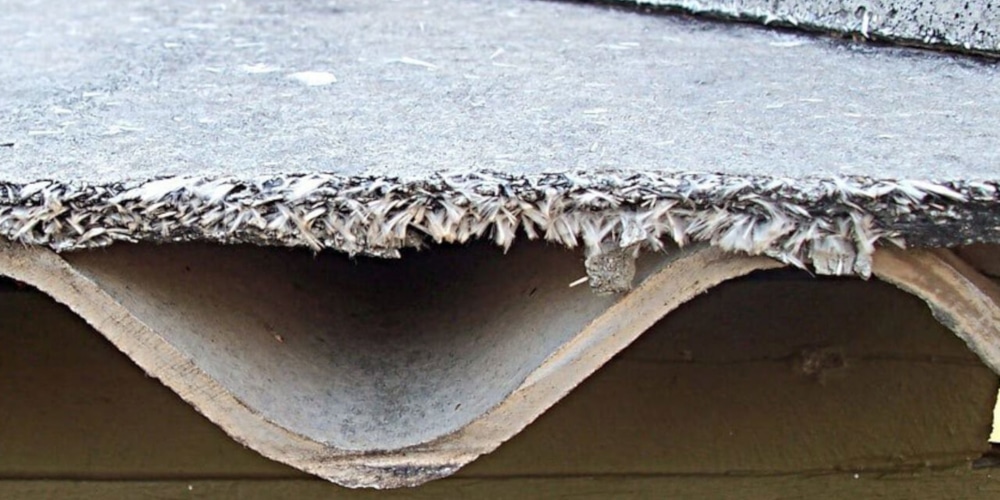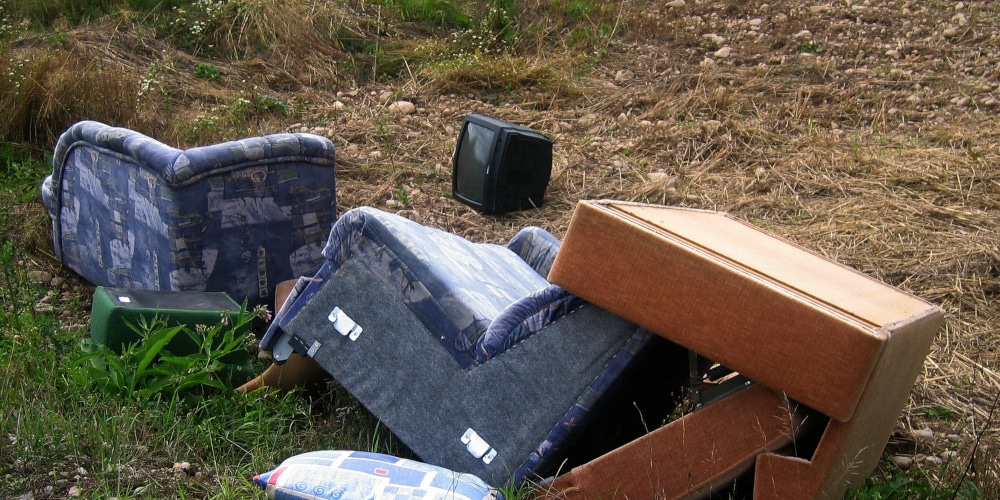Hazardous waste disposal must be handled very differently to regular waste disposal because it poses a risk to our health and the environment. This type of waste can be a by-product of industrial processes, but can also be produced by agricultural practices and even from domestic sources.
Waste may contain toxic chemicals that cannot be recycled or disposed-of through landfill sites. European laws govern the handling of hazardous waste disposal, and these procedures must be followed to the letter. Failure to do so may mean toxic material contaminating landfill sites and potentially contaminating water supplies.
Hazardous waste in the home
Many people think of industry as the largest producer of toxic waste, but it may surprise you to know just how much hazardous material we have in our own homes. We are surrounded by everyday items that contain toxic substances which need special care when it comes to replacing them. Common items include aerosol paints and thinners, brush cleaners, insecticides, rat poison, weed-killer, patio and path treatment, brake fluid, antifreeze and even oven cleaner.
Asbestos removal
The most common problem older properties suffered was the use of asbestos during construction. Asbestos is a naturally occurring material composed of millions of fibres which bind together to create a light, yet virtually indestructible, material. It was easily formed into sheets or different shapes and had excellent heat, fire and electrical insulation properties and, from the 1930’s to the 1980’s, was used in many building materials before its link with serious lung conditions became known.
When materials containing asbestos are disturbed or damaged, fibres are released into the air and, if inhaled, can lead to fatal lung diseases many years after exposure. Consequently, asbestos removal requires a specialist and should never be attempted by a DIY enthusiast or homeowner.
Not just asbestos in older buildings
Other items within older buildings that need special treatment are fluorescent tubes, oil, batteries, paint and old fridges or freezers containing CFC gasses. Even electronic equipment such as televisions and computers can contain hazardous elements and should never be thrown out with your regular rubbish.
Some materials that can be found in hazardous waste are chlorofluorocarbons and mercury. These are not biodegradable and will not break down or rot away like conventional waste. This type of waste needs to be burned properly through incineration to avoid damage to the ozone layer.
Protect the environment
Proper handling and disposal of toxic waste can reduce the health risks to humans and animals alike. It may seem tempting to just dump your hazardous waste, but inappropriate dumping of hazardous waste can have serious environmental consequences. We all have a responsibility to keep the environment clean, so hiring professionals to dispose of your waste will go a long way to ensuring the health and safety of everyone around you.
Sadly, unscrupulous tradespeople, or DIY-ers unwilling to comply with safety regulations and recycle waste at licensed centres, believe it is acceptable to simply tip waste by the side of the road or on other people’s land. For example, with a loose ‘car-load’ of typical household refurbishment or garden tidy-up (including breeze blocks, bricks, rubble, soil, stones, ceramic bathroom fittings, tiles, concrete fence posts, ceramic baths, cisterns and paving slabs) costing about £50, it’s no wonder that fly-tipping cases are increasing. So too is the risk of contamination and spread of disease.
Landlords, reduce risks and avoid fines
Landlords have a duty of care to ensure that all waste removed from their premises is disposed of legally – and courts take a very dim view of waste that ends up fly-tipped. If landlords allow waste to be removed without a licence, just to save money and using unscrupulous companies, fines of £1,000 are very common. It just doesn’t pay.
As Environment Agency licensed waste carriers, all our waste disposal is confirmed with a waste transfer note. This ensures that waste has been disposed of in the correct, environmentally friendly and proper way at commercial waste recycling centres. We guarantee that your waste will never end up on the side of a road or in someone’s car park.
For more information please contact us.





